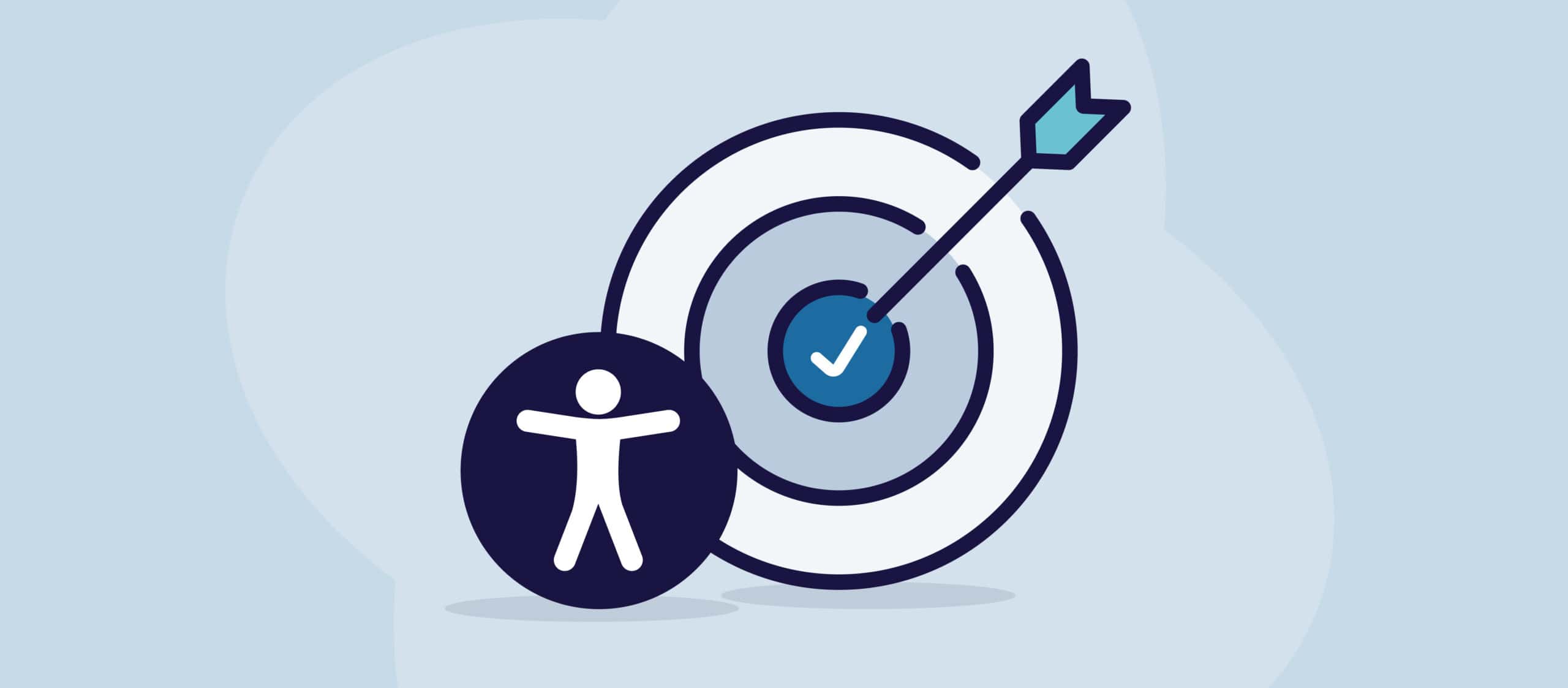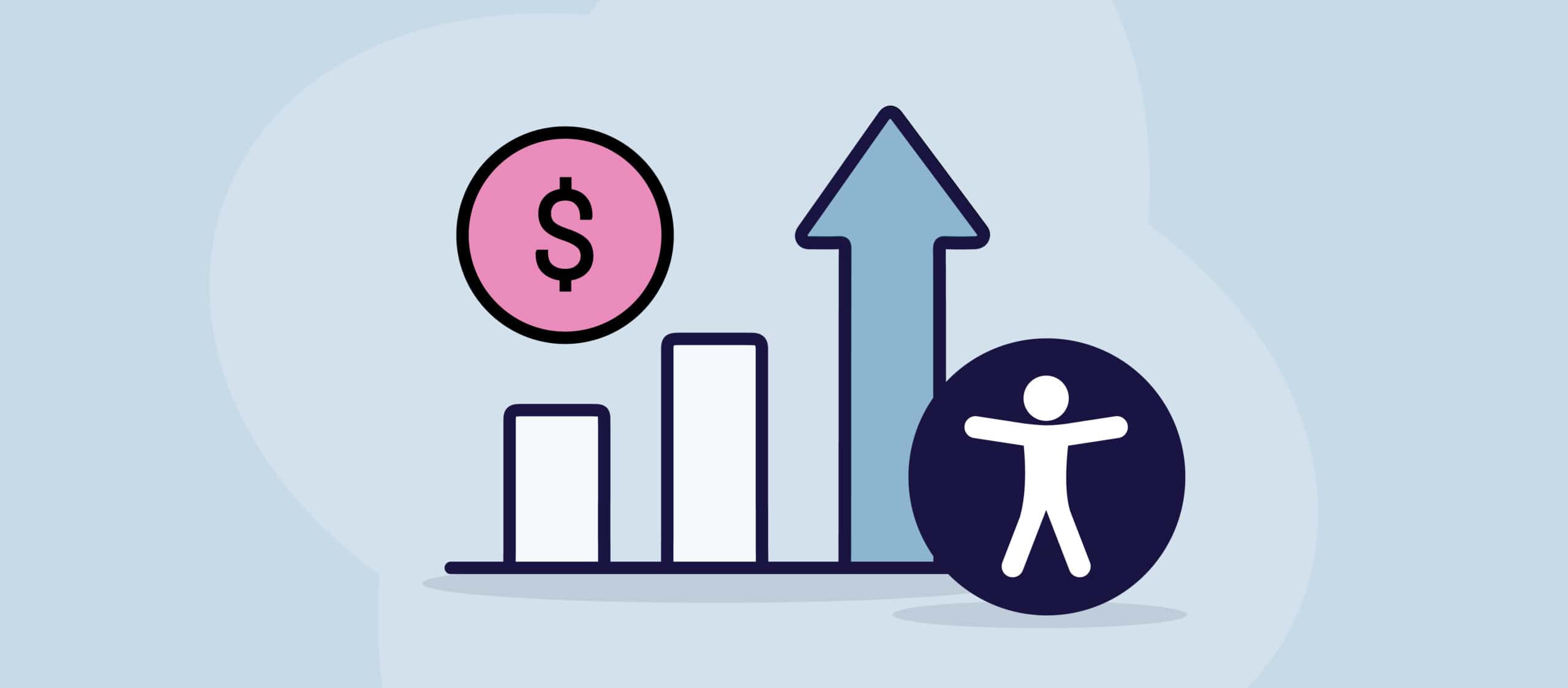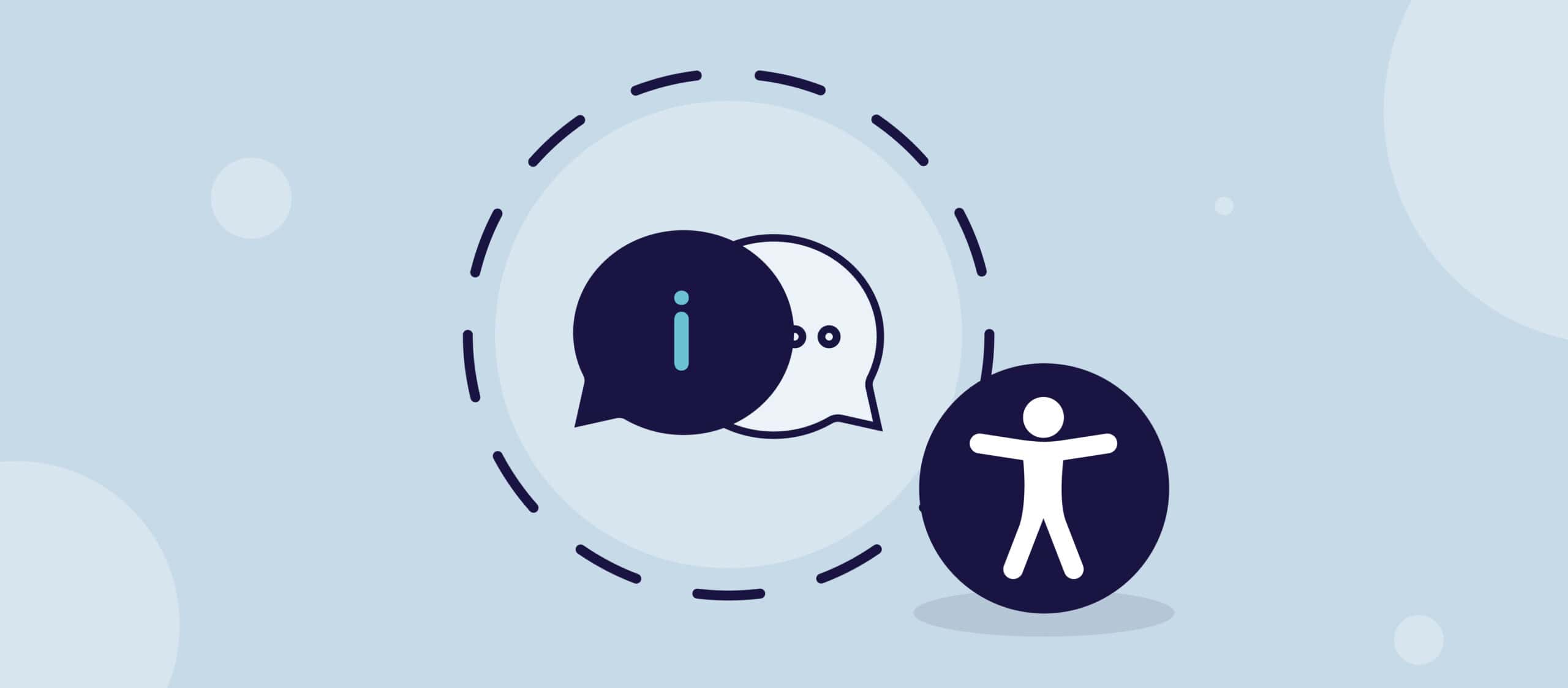In an era marked by rapid technological advancements and an ever-increasing focus on inclusivity, the way we approach document accessibility is undergoing a significant transformation. Today, more than ever before, there is a growing shift in attitudes towards delivering accessible documents. This shift represents not just a legal or ethical obligation but also an opportunity for organizations to embrace diversity and cater to a broader audience. Let’s explore how attitudes are changing and why a commitment to delivering accessible documents is crucial.
The Evolution of Accessibility
Traditionally, accessibility was often an afterthought in document creation. Documents were primarily designed with visual appeal in mind, with little consideration for those who might have visual, auditory, or cognitive impairments. However, over the years, a more comprehensive understanding of accessibility has emerged.
The introduction of legislation like the Americans with Disabilities Act (ADA) and the Web Content Accessibility Guidelines (WCAG) has played a pivotal role in raising awareness about accessibility requirements. These legal frameworks have encouraged organizations to view accessibility as a non-negotiable aspect of their operations.
The Empathy Factor
One of the driving forces behind this shift in attitude is empathy. As we learn more about the challenges faced by individuals with disabilities, we are better equipped to empathize with their experiences. Stories of individuals struggling to access crucial information due to document inaccessibility have ignited a desire for change.
Many organizations are now taking the time to listen to the stories of their employees and customers who have disabilities. This listening has led to a deeper understanding of the barriers they face and a genuine commitment to making documents more accessible.
The Business Case for Accessibility
Beyond empathy and legal compliance, there is a compelling business case for creating accessible documents. Organizations that prioritize accessibility are not only meeting the needs of a diverse customer base but are also improving their brand reputation. Accessible documents are more user-friendly for everyone, resulting in a better overall user experience.
Furthermore, accessible documents can help organizations tap into new markets. By catering to individuals with disabilities, they can expand their reach and foster a more inclusive customer community.
The Technological Revolution
Advancements in technology have also played a significant role in changing attitudes toward document accessibility. Today, we have access to powerful tools and software that can help automate and streamline the process of creating accessible documents. These tools have made it easier for content creators to adopt accessible practices.
From screen readers and voice recognition software to document conversion tools, technology is breaking down barriers and making it simpler than ever to produce accessible documents.
A Commitment to Continuous Improvement
The shift in attitudes toward document accessibility is not a one-time effort. It requires an ongoing commitment to learning, adapting, and improving. Organizations are recognizing that accessibility is not a destination but a journey.
They are investing in training programs, hiring accessibility experts, and seeking feedback from users with disabilities to continuously refine their documents’ accessibility features. This commitment to improvement ensures that accessibility remains a top priority.
Conclusion
The changing attitudes and commitment to delivering accessible documents represent a positive step forward for society as a whole. As we become more empathetic, recognize the business benefits, and leverage technology, we can create a world where information is accessible to everyone, regardless of their abilities.
Ultimately, the shift toward accessibility is not just about complying with laws or meeting regulations; it’s about fostering a culture of inclusion, empathy, and equal opportunity. By embracing this shift, organizations can unlock a brighter, more inclusive future for all.


